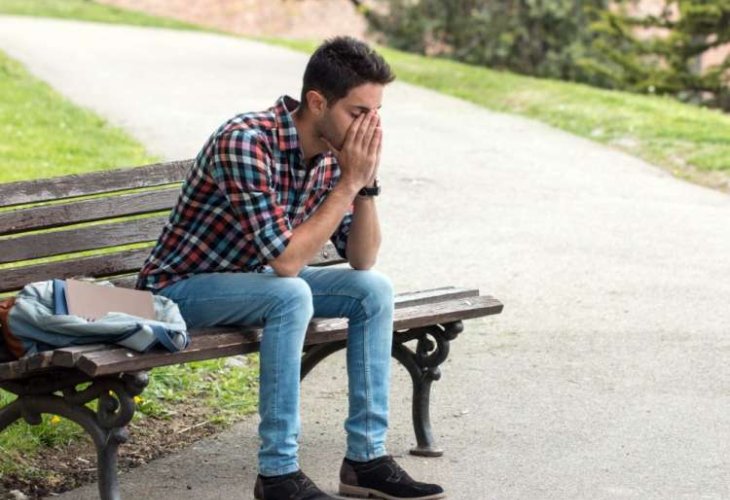Depression and Anxiety
What Is Social Anxiety? Symptoms, Causes, and Effective CBT Treatment
Understand the Signs of Social Anxiety Disorder and Discover How Cognitive Behavioral Therapy Can Help You Regain Confidence and Social Ease
 (Photo: shutterstock)
(Photo: shutterstock)Social anxiety is an intense and irrational fear of social situations that can lead to unpleasant- and even unbearable- emotional and physical experiences. Though only officially recognized in the DSM-III in 1980, it is fairly common, affecting about 13% of the population.
While it’s natural to feel some anxiety in social situations, there are individuals who experience a level of distress that disrupts their daily functioning. This often results from excessive avoidance, which only strengthens the anxiety. Social anxiety manifests in three main ways:
Cognitive: The person’s thoughts are fixated on the threat of social interaction, such as: “They’ll humiliate me,” “If I act awkward, people will mock me,” “I’m not interesting enough,” and so on.
Emotional/ Physical: Feelings of fear, nervousness, and tension often accompanied by physical symptoms like a racing heart, sweating, or trembling.
Behavioral: Avoiding social situations or activities that involve being seen or judged by others- such as speaking in public, eating or writing while being observed, or initiating personal conversations.
Social anxiety may be specific (e.g., fear of public speaking) or more generalized. Common anxiety triggers include speaking in front of people, sharing opinions publicly, doing tasks while being watched, interacting with authority figures, or initiating conversations.
People with social anxiety avoid situations where they may draw attention or become the focus. As a result, they may withdraw, avoid confrontation, and refrain from seeking help. Like other anxiety disorders, social anxiety often coexists with depression, body image issues, dysthymia, or other anxiety conditions.
Social anxiety typically begins in childhood or adolescence (in over 85% of cases), and without treatment, it can become a chronic disorder that significantly impacts quality of life, interfering with school, work, and social functioning.
Treatment for Social Anxiety
Cognitive Behavioral Therapy (CBT) is the most effective treatment for social anxiety. It involves several components aimed at reducing or eliminating the intensity of anxiety.
Treatment begins with psychoeducation which involves learning about the nature of anxiety, identifying early physical and cognitive warning signs, understanding related emotions, and recognizing typical avoidance behaviors.
During the process, the person learns how to reduce anxiety to manageable levels so that they can begin functioning more confidently in social environments. At the same time, therapy involves gradually facing anxiety-provoking situations in a controlled way, helping the person realize that the anxiety is not as dangerous or overwhelming as it seems, and that they have the inner strength to handle it. As social interactions become more frequent and less threatening, anxiety levels typically decrease.
With the right support, anxiety doesn't need to interfere with your quality of life!
Orly Samira is a couples counselor and CBT psychotherapist.

